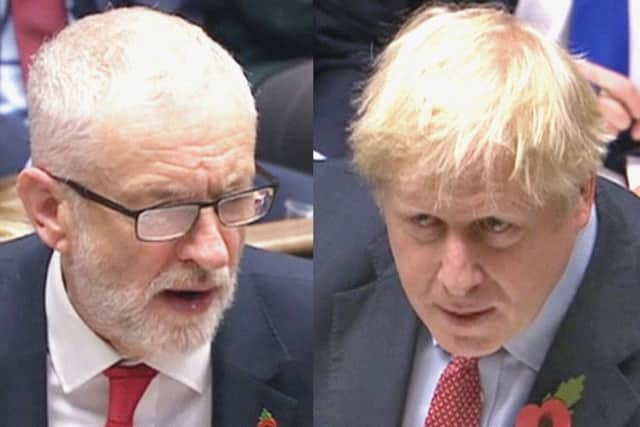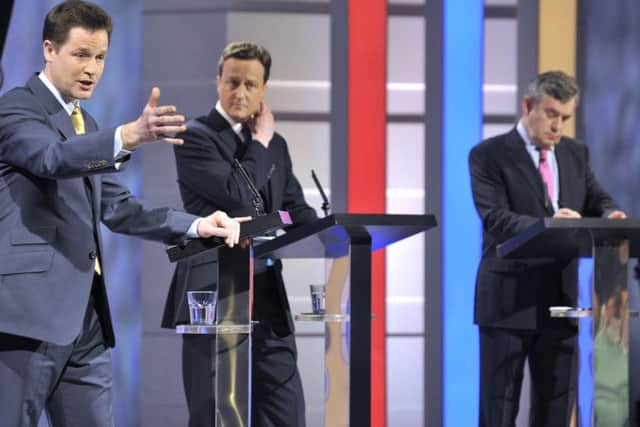Why we need leaders’ debates in general election after pointless PMQs and how they should work – The Yorkshire Post says
Yet it will be a disservice to democracy if disagreements about the rules of engagement stand in the way of the Prime Minister, Leader of the Opposition and other key players going head-to-head to debate the key issues.
Advertisement
Hide AdAdvertisement
Hide AdSuch debates are customary in most democracies, notably the United States, and the regret is that there are no proper protocols in place nearly a decade after their introduction here during the 2010 election.


However, while many will contend, with reason, that such exchanges will provide an extension to the ritual trading of statistics, soundbites and insults that have so diminished PMQs, they will become more illuminating if the candidates for Prime Minister were being questioned by panels of experts and voters.
Why not persuade the country’s top Brexit protagonists, and a cross-section of the population, to question the main leaders on the fine detail about Britain’s exit from the European Union?


Advertisement
Hide AdAdvertisement
Hide AdWhy not ask health and social care professionals, and also patients, to use their knowledge and insight to cross-examine the key candidates on the future of the NHS and care of the elderly?
And why not give the UK’s top economists, together with the owners of small businesses, a chance to scrutinise the many spending commitments which will be made in the coming days?
Chaired by a strong moderator, this has the potential to be far more constructive than PMQs which has become both predictable, and pointless, because Westminster’s partisanship has become so detrimental to the quality of political debate in the UK.